Manipulation of Lebanon national currency aimed at political objectives: Hezbollah MP
A lawmaker from the Lebanese Hezbollah resistance movement has warned against the financial crisis in the cash-strapped country, stating that the crisis is being exploited for political purposes.
On Sunday, Hassan Fadlallah said “playing this card [of financial crisis] will not lead to our surrender,” calling on caretaker Prime Minister Saad al-Hariri and the governor of Lebanon’s Central Bank, Riad Salameh, to address the devaluation of the Lebanese pound against major currencies.
He noted that some officials are still treading a wrong path, irrespective of the mass protests movement in the country and the demonstrators’ demands.
Fadlallah then called for the abolition of the constitutional and parliamentary impunity in order to enable the judiciary to try those involved in corruption.
On Saturday, Lebanon’s Grand Mufti Sheikh Abdul Latif Derian called for the formation of a new emergency government of technical experts, urging authorities to meet demonstrators’ demands, as a mass protest movement calling for an overhaul of the country's political system approached its fourth week.
“The time has come and is opportune, after this national wake-up call, for the reform process to begin and for those in power to form an emergency national government made up of competent people, without delay to immediately proceed with carrying out the reform package prepared by (caretaker) Prime Minister (Saad) Hariri to solve the country's problems,” Derian said in his message to the nation on the eve of the birthday anniversary of Prophet Muhammad.
Hariri submitted his resignation to President Michel Aoun on October 29.
Under the constitution, Hariri’s cabinet would stay on in a caretaker capacity until a new government is formed.
The protests began on October 17 when the government proposed imposing a tax on Whatsapp calls, along with other austerity measures.
Protesters in Lebanon have stopped blocking roads and setting up barricades, and instead shifted to holding sit-ins at state-affiliated sites.
They say they will maintain pressure on the political establishment until their demands for the departure of the ruling elite and an end to chronic economic mismanagement and corruption are met.
Growth in Lebanon has plummeted in the wake of endless political deadlocks and an economic crisis in recent years.
The country hosts 1.5 million Syrian refugees, and their presence is often blamed for putting pressure on the already struggling economy.
Unemployment stands at more than 20 percent, according to official figures.
The Lebanese Finance Ministry says the national debt is hovering around $85 billion, which accounts for more than 150 percent of Gross Domestic Product (GDP).
Successive governments have failed to address a waste management crisis or improve the electricity grid, which is plagued by daily power cuts.
Israeli warplanes conduct new aggressions across southern Lebanon
Democrats threaten govt. shutdown after second ICE killing in Minneapolis
MSF to disclose limited list for Gaza staff after Israel revoked its aid licenses
VIDEO | India defies Western push at UN Rights Council on Iran
Cuba's president observes drills, vows high cost for any US aggression
Iran dismisses Nazi-style propaganda on riot death toll
Israel kills more civilians in Gaza amid relentless ceasefire violations
VIDEO | Press TV's news headlines






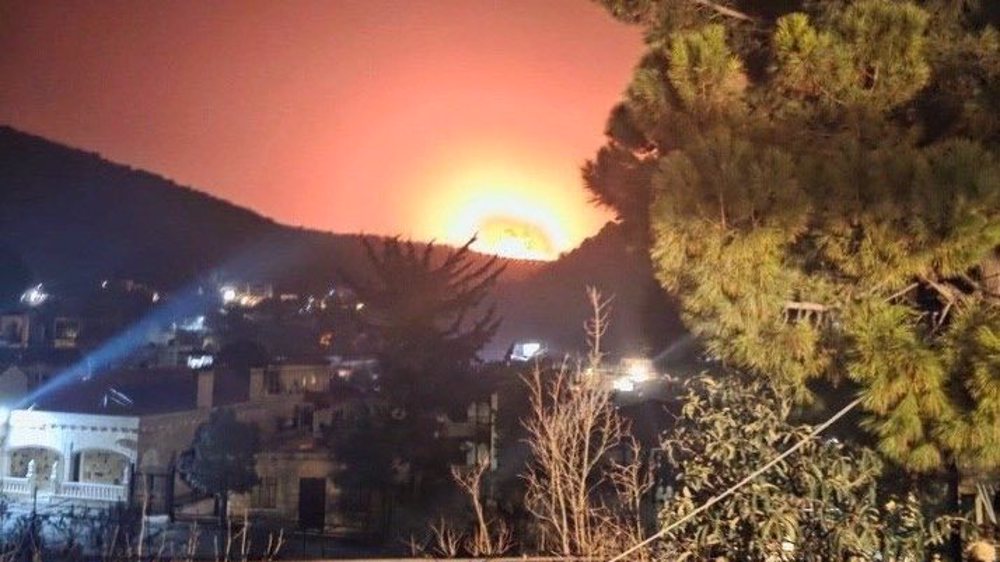
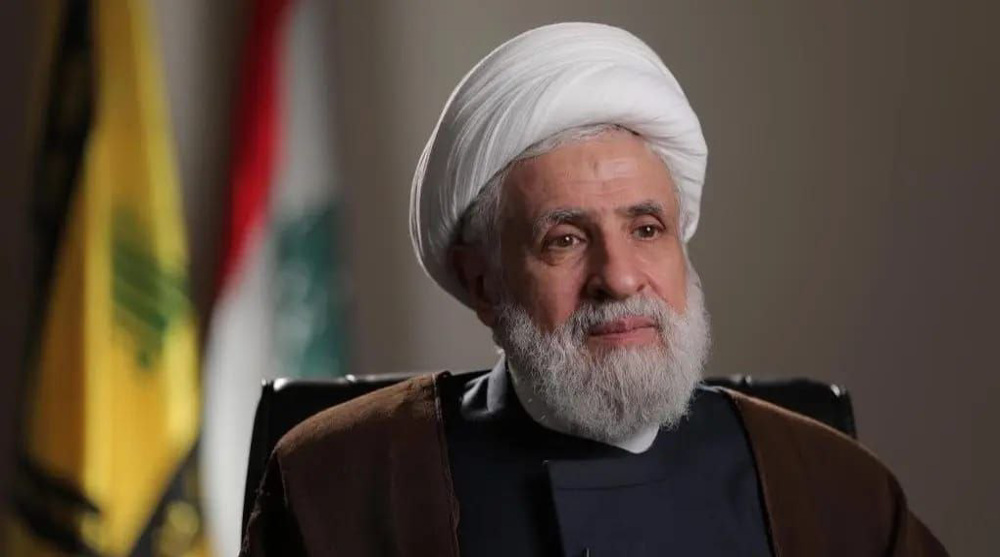
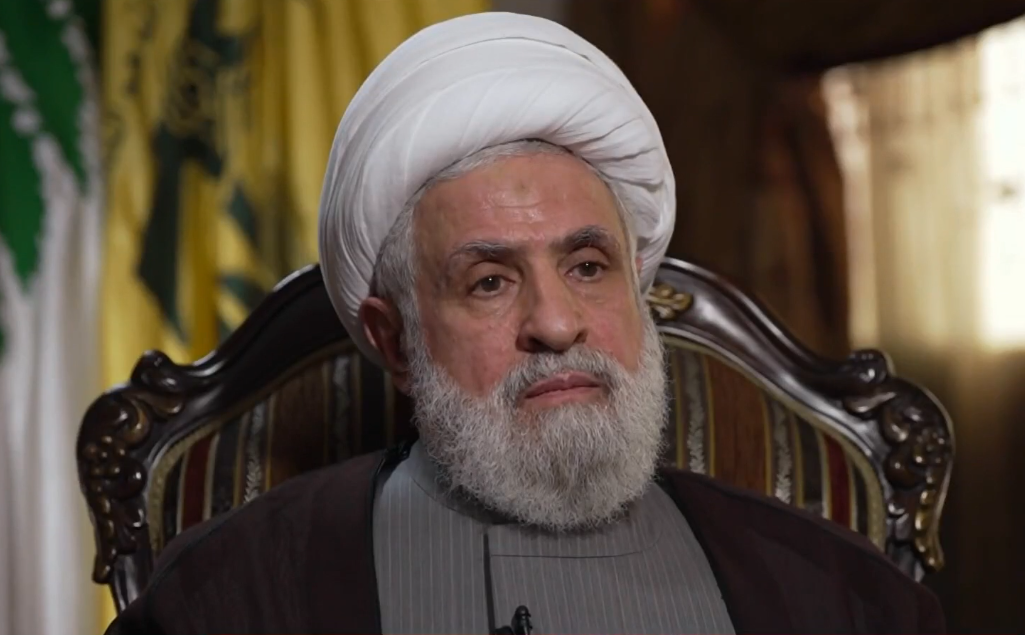



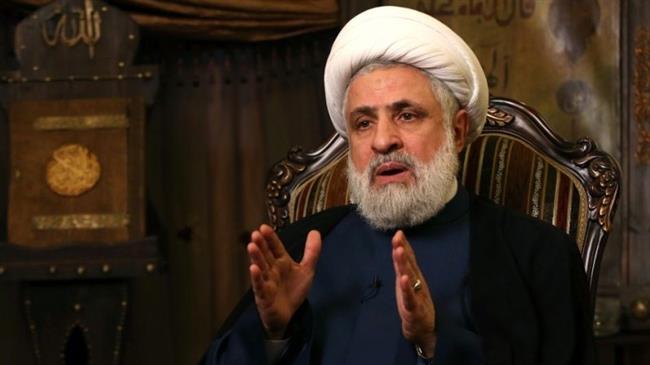


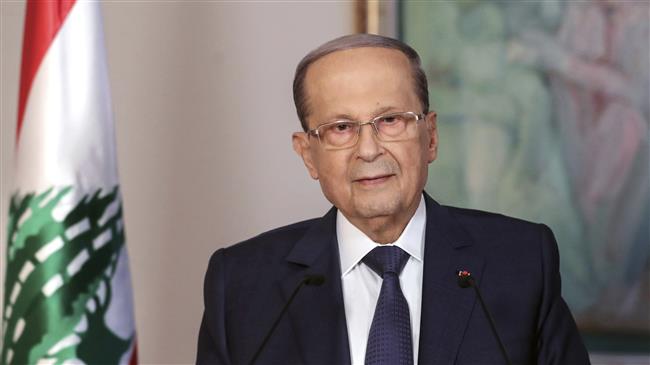


 This makes it easy to access the Press TV website
This makes it easy to access the Press TV website